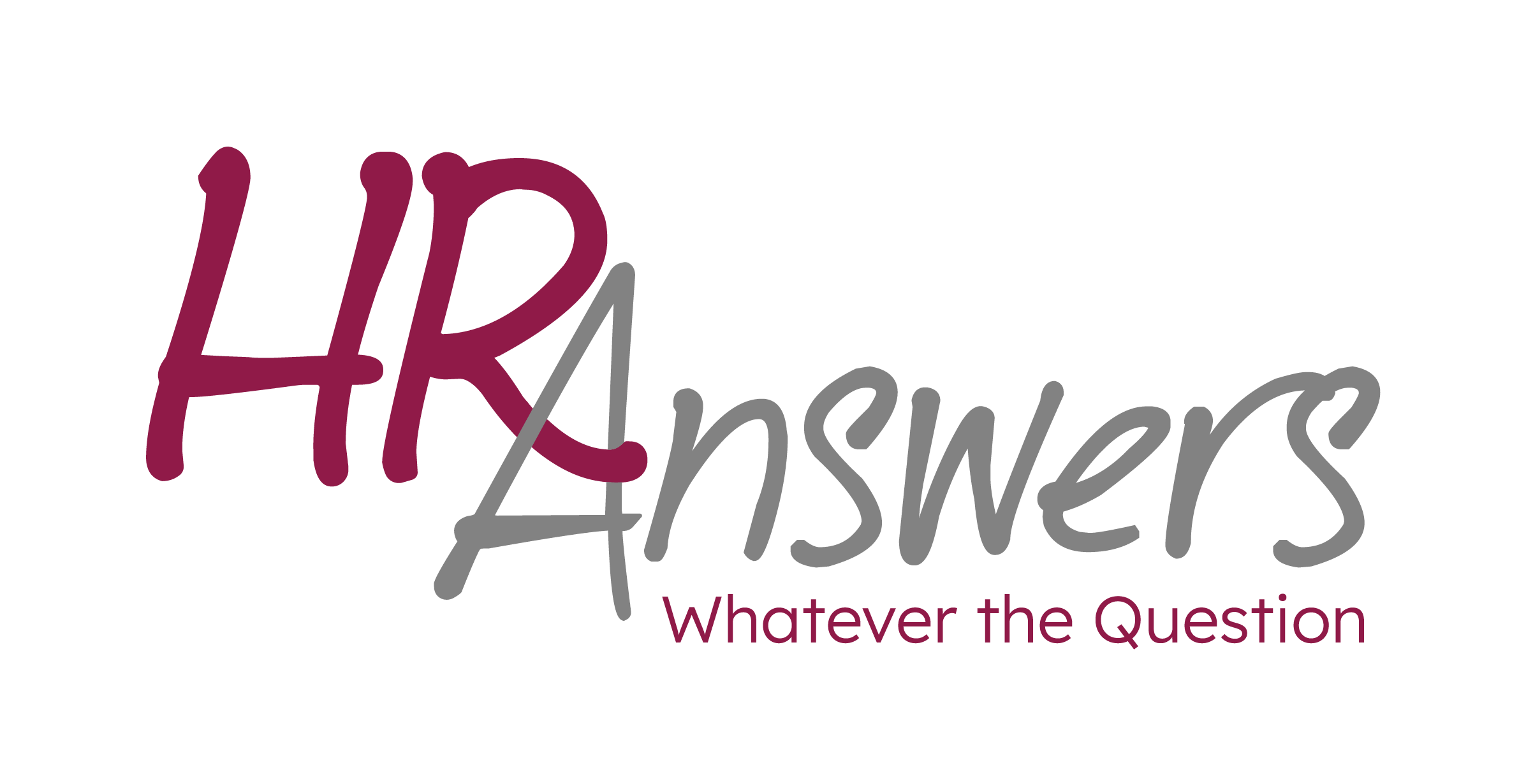One Step Forward, Two Steps Back

Client: I have an employee who improves after coaching in one area, but then another part of their job starts slipping. It feels like I’m playing whack-a-mole with their performance. How do I help them sustain progress across all responsibilities?
Consultant: That’s a common challenge. Some employees focus so much on improving one skill that they unintentionally neglect other areas. The goal is to build consistency so progress doesn’t come at the expense of other responsibilities.
Client: Okay, but how do I address it without discouraging them?
Consultant: Acknowledge the progress they’ve made and reinforce that improvement is a process, not a one-time fix.
Try this:
“I appreciate the effort you’ve put into improving [specific area]. I’ve also noticed that as this has improved, [another area] seems to be slipping. Let’s figure out how to balance both so you can continue growing without losing ground elsewhere.”
This keeps the conversation supportive while setting the expectation that all areas need attention.
Client: What if they say they’re overwhelmed?
Consultant: That’s important to explore. If they feel stretched too thin, it may be a sign they need better time management or prioritization skills.
You might say:
“I hear that this feels like a lot, and I want to help you succeed. Let’s look at how you’re managing your workload and see if we can find ways to make it more sustainable.”
If necessary, work together to identify where they might need additional support or better structure in their workflow.
Client: Should I set up another performance improvement plan?
Consultant: Not necessarily. If they’re making progress, another formal plan might not be needed. Instead, consider shorter, structured check-ins to reinforce accountability.
You could say:
“Let’s set up brief check-ins over the next few weeks to track progress in all areas. I want to make sure we’re keeping the improvements going while also maintaining other key responsibilities.”
This approach provides ongoing guidance without making it feel like they’re in trouble.
Client: What if they start slipping again after those check-ins end?
Consultant: If the pattern continues, it may indicate a deeper issue with job fit, skill gaps, or ability to self-manage. At that point, a more structured development plan may be necessary.
Try this:
“We’ve worked on sustaining improvement in multiple areas, and I’m still seeing inconsistencies. Let’s revisit what’s working and where the challenges are so we can put a more structured plan in place.”
This shifts the conversation from correction to problem-solving.
Client: So the key is to reinforce balance, check in consistently, and adjust as needed?
Consultant: Exactly. Coaching isn’t about fixing one issue at a time—it’s about building lasting habits that lead to well-rounded success. A structured, supportive approach will help them sustain improvements without letting other responsibilities slide.
And if you ever need help fine-tuning your coaching approach, we’re here to support you.
Looking for previously written Advantage eNewsletters or HR ALERTS?
